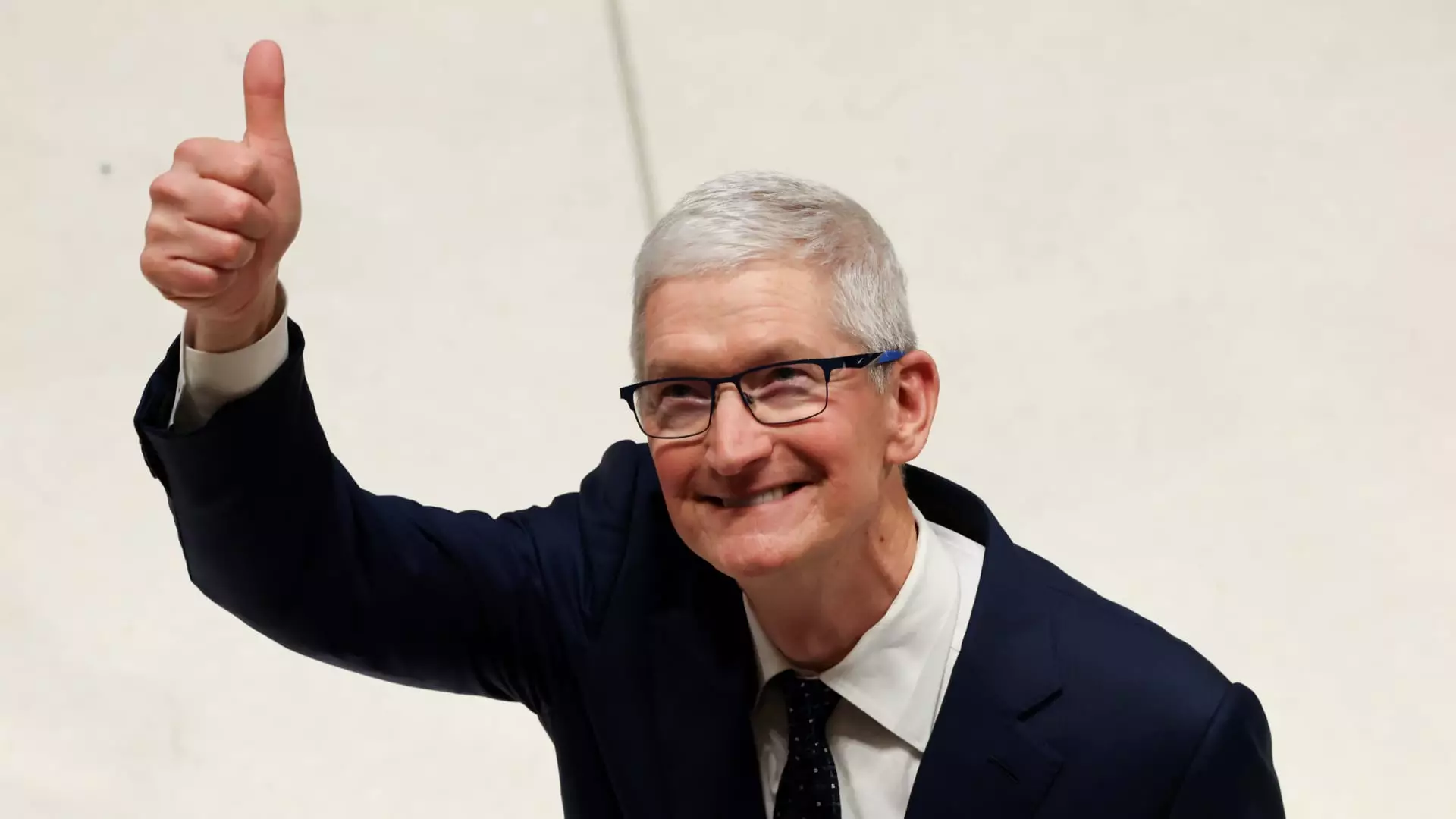The tension between individual privacy rights and governmental security measures has reached a boiling point, exemplified by Apple’s recent legal victory against the U.K. government. Within the context of a society saturated with digital communication, this conflict is becoming increasingly pertinent. Apple’s unwavering commitment to safeguarding user privacy starkly contrasts with governments’ insistence on compromising encryption to ensure national security. The notion that mere encryption can facilitate criminal activities is a narrative continuously perpetuated by state authorities, yet it’s essential to question: at what cost do we sacrifice personal privacy in the name of security?
In a landmark ruling by the U.K.’s Investigatory Powers Tribunal, judges Rabinder Singh and Jeremy Johnson decidedly dismissed the government’s attempts to cloak the details of Apple’s appeal in secrecy. Their assertion that the government’s request would constitute “the most fundamental interference with the principle of open justice” echoes a crucial sentiment about transparency in legal proceedings. Open hearings are vital to uphold the integrity of democracy, allowing the public to hold power to account. The Tribunal’s ruling underscores the significance of this principle, even amid concerns over national security.
The Argument for Encryption: Protection Against Overreach
Apple’s Advanced Data Protection (ADP) system employs end-to-end encryption to secure user data, a feature that the tech giant staunchly defends. This feature is a barrier against unauthorized access, promising users that their personal information remains confidential. Apple’s withdrawal of the ADP system for U.K. users, however, was a significant concession amidst this backdrop of legal tensions, spotlighting the precarious balancing act technology companies must navigate in relation to government demands.
The U.K.’s Investigatory Powers Act of 2016 empowers the government to enforce “backdoors” in software, allowing authorities to bypass encryption. This policy raises profound ethical questions: does the prospect of enhanced surveillance justify potential encroachments on civil liberties? Critics argue that such practices not only undermine trust in technology but also embolden authoritarian overreach. The risk of creating vulnerabilities inherently contradicts the very purpose of encryption—a tool designed to protect rather than expose.
The Global Implications of Apple’s Defiance
The ramifications of Apple’s stand against the U.K. government’s request extend well beyond British borders, signaling a ripple effect throughout the international tech landscape. Governments in the U.S. and EU have similarly expressed discontent with strong encryption methods, reflecting a global trend toward increasingly stringent data access policies. Apple’s commitment to user privacy could inspire other tech companies to adopt a more defensive posture regarding encryption, fostering a broader resistance against governmental overreach.
Moreover, Apple’s actions echo the sentiments of privacy advocates, who argue that conceding to government demands compromises the sanctity of personal data and user trust. As data breaches loom larger in our digital age, the stakes surrounding encryption are higher than ever. The tech world is acutely aware that a war exists—not merely over user data, but over the fundamental rights of consumers to control their information. Apple’s decisive handling of the U.K. challenge serves as a beacon for other companies navigating similar pretexts and pressures.
A Call for Responsible Governance
The friction evident in Apple’s legal tussle with the U.K. government should prompt a broader call for responsible governance. Governments must ponder how their policies align with democratic principles and the rights bestowed upon citizens. The demand for transparency in legal proceedings should become a non-negotiable standard, especially when state power intersects with personal privacy.
In an age where technology shapes nearly every facet of life, the approach taken by governments toward privacy must be as innovative as the technologies themselves. Policymakers should seek to foster a dialogue with tech companies, prioritizing collaborative solutions that not only address security concerns but also bolster user trust. Compromise is essential in a landscape characterized by rapid technological evolution; however, this compromise should not come at the expense of fundamental rights.
Ultimately, the battle over encryption is a reflection of deeper societal values at play—a negotiation between the desire for security and the necessity of privacy. As companies like Apple staunchly defend user data with legal prowess, society must remain vigilant, demanding both protection from potential threats and respect for their individual rights.

